Writer, economic migrant and orchid

A nomadic life has shaped the world view of author Jason Donald. In this first in a series of profiles of English-language writers in Switzerland, Donald tells Clare O’Dea about the ‘undeserved privilege’ that has inspired both his novels.
On one of the first warm days of the year, I take three trains and a bus to travel 75 kilometres to meet Scottish writer Jason Donald in the prestigious Swiss resort of Gstaad. The bus driver directs me up a side road to the Alpine Lodge Hotel.
This is a high income, high altitude setting, the kind of place people who’ve never been to Switzerland wrongly imagine the whole country to be like – all chalets, upscale boutiques and snow.
Everyone in Gstaad is either rich or catering for the needs of the rich. Donald falls into the latter category, or used to at least. Now he is in a category of his own. I arrive at the hotel to find him chatting with his former colleagues. With easy charm, he leads me to a seat outside in the sun.
Donald came to live in the Bernese Alps six years ago with his wife who had landed a job as a sports trainer and massage therapist. He found work as a waiter. Because his German was not great, Donald was given the task of setting up the breakfast buffet and clearing tables. When he wasn’t working, or snowboarding, he wrote.
Personal, political
The book he was writing, Dalila, was published at the beginning of this year. Described by The Guardian as “beautifully observed”, the story was inspired by Donald’s years living in Govan, a deprived suburb of Glasgow.
Through his work as an English teacher, Donald became familiar with the experiences of asylum seekers and refugees in the British asylum system. Students of Donald’s would disappear, whisked away to detention centres without notice. They lived in fear of dawn raids and dreaded the prospect of being forcibly repatriated to unstable countries.
In a gentle accent impossible to pinpoint, but definitely carrying some South African inflections, Donald talks with great empathy about his former students. “The more I got to understand them and care about them as people, the more the things that they were going through deeply affected me personally. The politics in the book are personal politics. The personal is political.”
Dalila reads like a thriller, as the eponymous main character, caught between multiple threats, tries to survive the vagaries of the asylum system – a modern-day nightmare. Donald tried to depict the system faithfully, visiting detention centres, working for a charity that helped asylum seekers and interviewing people who’d gone through the process.
“I didn’t want Dalila to be a polemic about how you should or should not think about the asylum process. But we definitely need to be thinking about it, in Switzerland, in Scotland and around the world. We need to have more nuanced and intelligent conversations about migration in general.”
Jason Donald
Author of Choke Chain (2009) and Dalila (2017)External link, both published by Jonathan Cape
Born in Scotland
Moved to Pretoria as a child
Returned to Scotland at 16
Studied English literature and philosophy at St Andrew’s University
Masters Programme of Creative writing at Glasgow University
Move to Switzerland 2011
Runs writing retreats and gives workshops
Short film Passion Gap filmed in Cape Town in 2017
Rootless
Born in Scotland, Donald moved to South Africa as an infant but left again at 16, setting him on a path of not belonging. “Being a bit of a nomad makes me feel a little disconnected and rootless, like an orchid with air roots. Wherever I go it feels like I’m observing or curious to see how things work because there’s no standard model, and that also informs my writing. Nothing is normal if you move around too much.”
Donald’s first novel, Choke Chain, is set in the South Africa of his childhood, although unlike the young brothers in the book, Donald had a happy time growing up. His years under apartheid were also a lesson in privilege.
“When I look back, beginning at my childhood, I can clearly see my privilege and how undeserved it is. And I think that also helped inspire both books I’ve written.”
That self-awareness is evident in Donald’s description of himself as an economic migrant. “The term gets applied negatively, with many professional white people preferring the label expat, but I came to Switzerland to work. I came here for money and for a different life.”
Voice
Writing in the voice of someone from another identity is not without risks, especially in an era where sensitivity readers are engaged by some publishing houses to make sure white writers hit the right note. In Dalila, Donald gives us the character of a young Kenyan woman thrown into a dangerous situation due to her links to a politically-connected cult. Did he worry about authenticity?
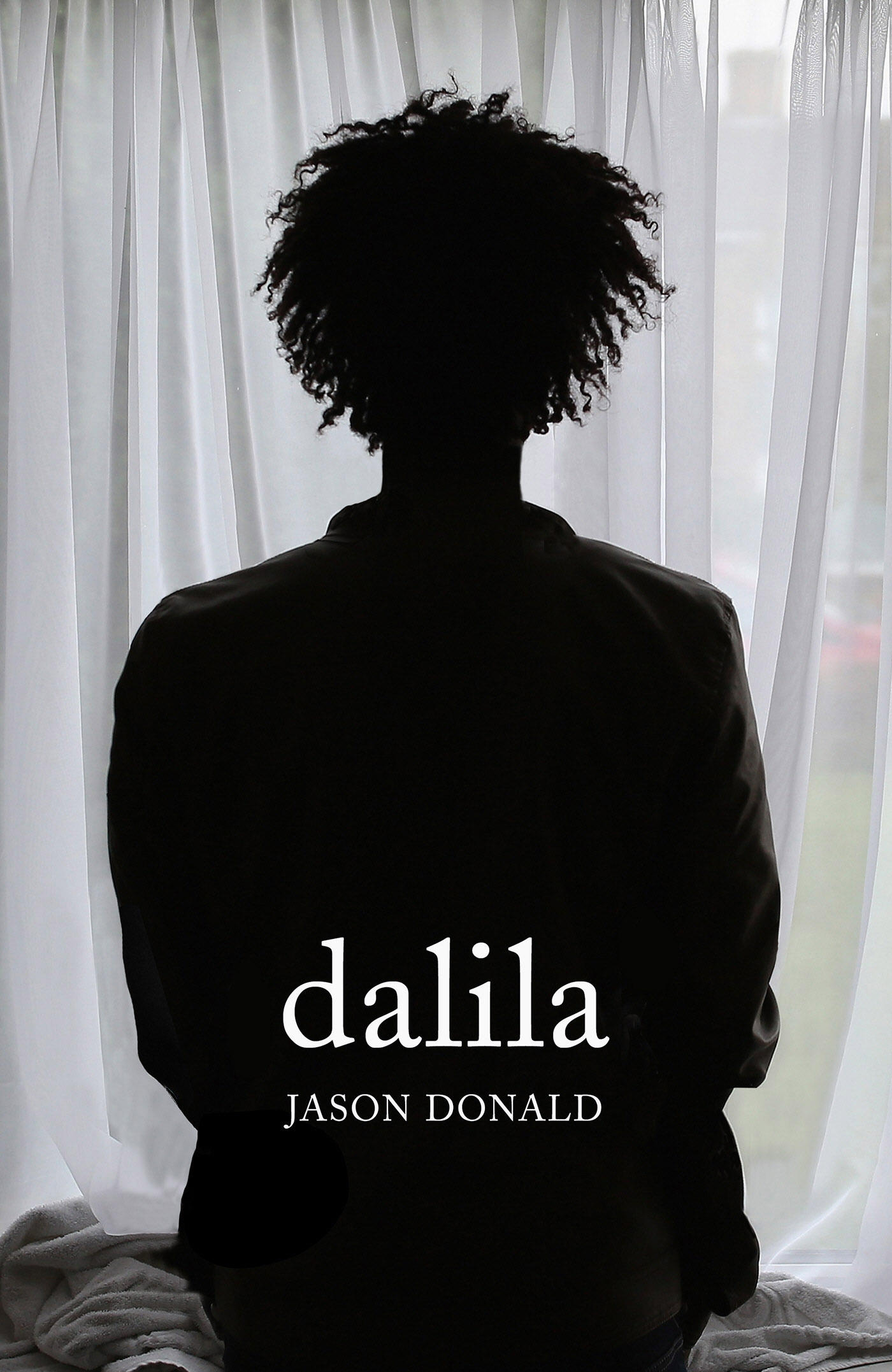
Donald considers his answer carefully. The sun has gone in and the temperature drops forcing us to put back on the layers we’ve shed. The only other person on the terrace, a man with a broken leg, appears to be listening closely to our conversation.
“I believe it is better to assume that you have more in common with people who are different from yourself – a different gender, a different colour – than to assume the opposite. I start from the position that I can empathise with a woman, an English person, whoever it may be. The second part of that is that you have a lot of homework to do.”
That homework included finding out as much as possible about the politics, culture, gang culture and speech patterns of contemporary young people in Kenya, known as the xaxa generation. Donald partly relied on Kenyan contacts. “I needed to know how they use Facebook and text, and social media in general, how they vote and what they eat. I used that as much as I could.”
Community
In Switzerland, Donald has tapped into the existing writing community through the Geneva Writers’ Group, as well as creating a community of his own, a reflection of his charisma. “This has happened naturally through different people I’ve met and through the writing retreat that I run. Sometimes we become friends or we exchange manuscripts, read each other’s work, and keep in touch with each other.”
Donald is constantly working on something, whether it is the business or creative side of writing. His most recent project was a screenplay called Passion Gap which was filmed in Cape Town in March. Coming up at the end of May he has his annual ‘Write Time’ retreat in the Bernese Alps, open to all writers.
“It surprises me that I am quite driven. I don’t feel driven but when I step back I see it.”
Taking leave of Donald is no easy matter. We say our goodbyes on the terrace, meet and part again at reception where Donald is chatting to the man with the broken leg (yes, he was listening), and finally Donald intercepts me on the walk down to the bus stop, offering to drive me to the station.
It’s the middle of the day and the rest of the country is out hiking or at the office. I make my way back down to the lowlands by train, relishing the opportunity to finish the last few pages of Dalila, a journey not without emotion.

In compliance with the JTI standards
More: SWI swissinfo.ch certified by the Journalism Trust Initiative









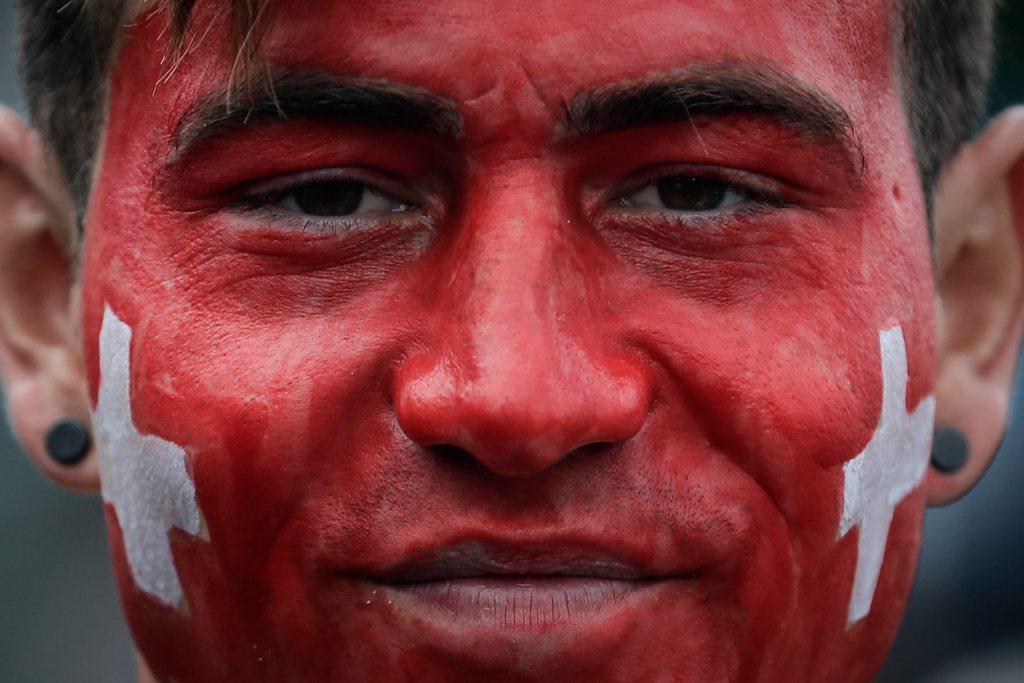
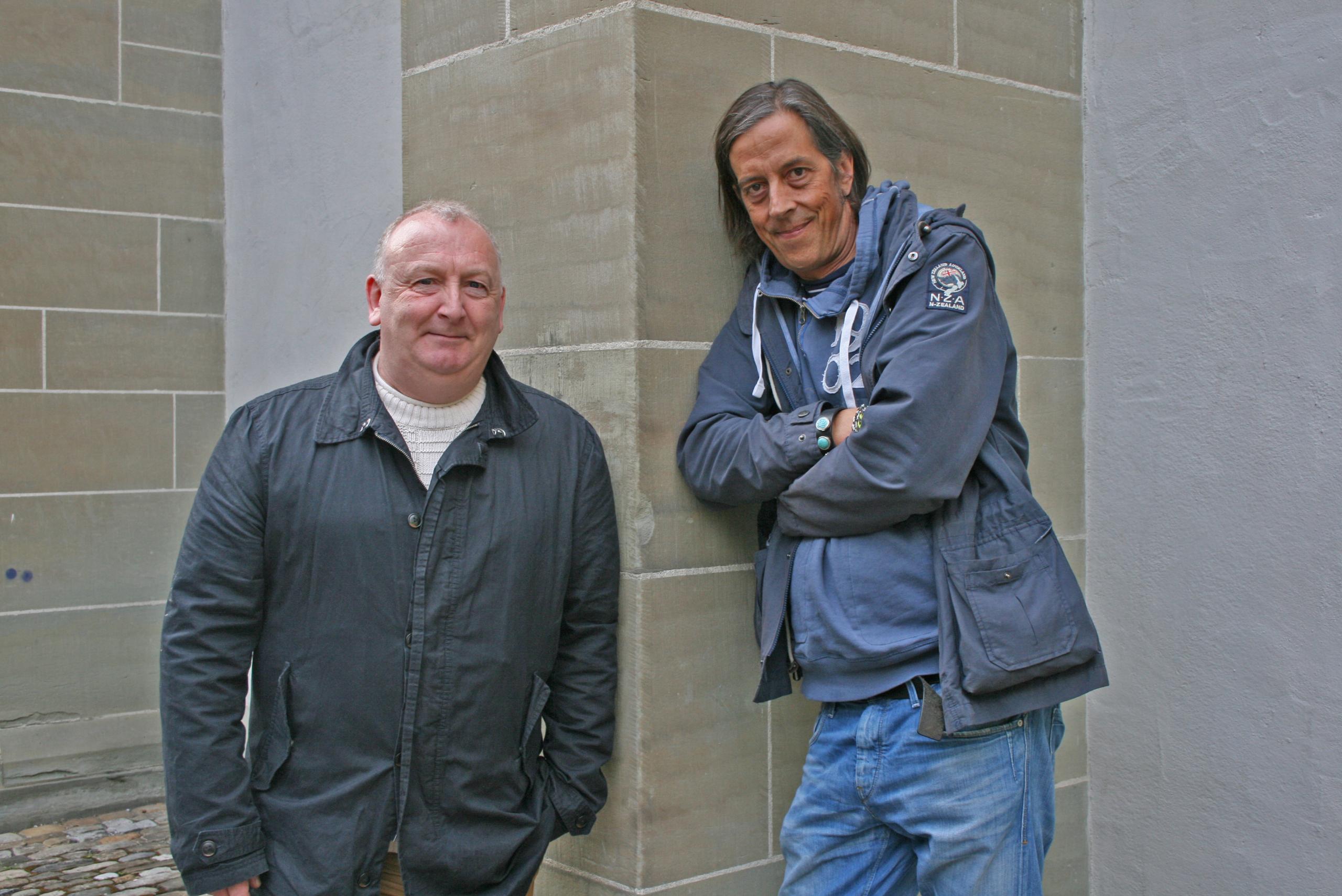
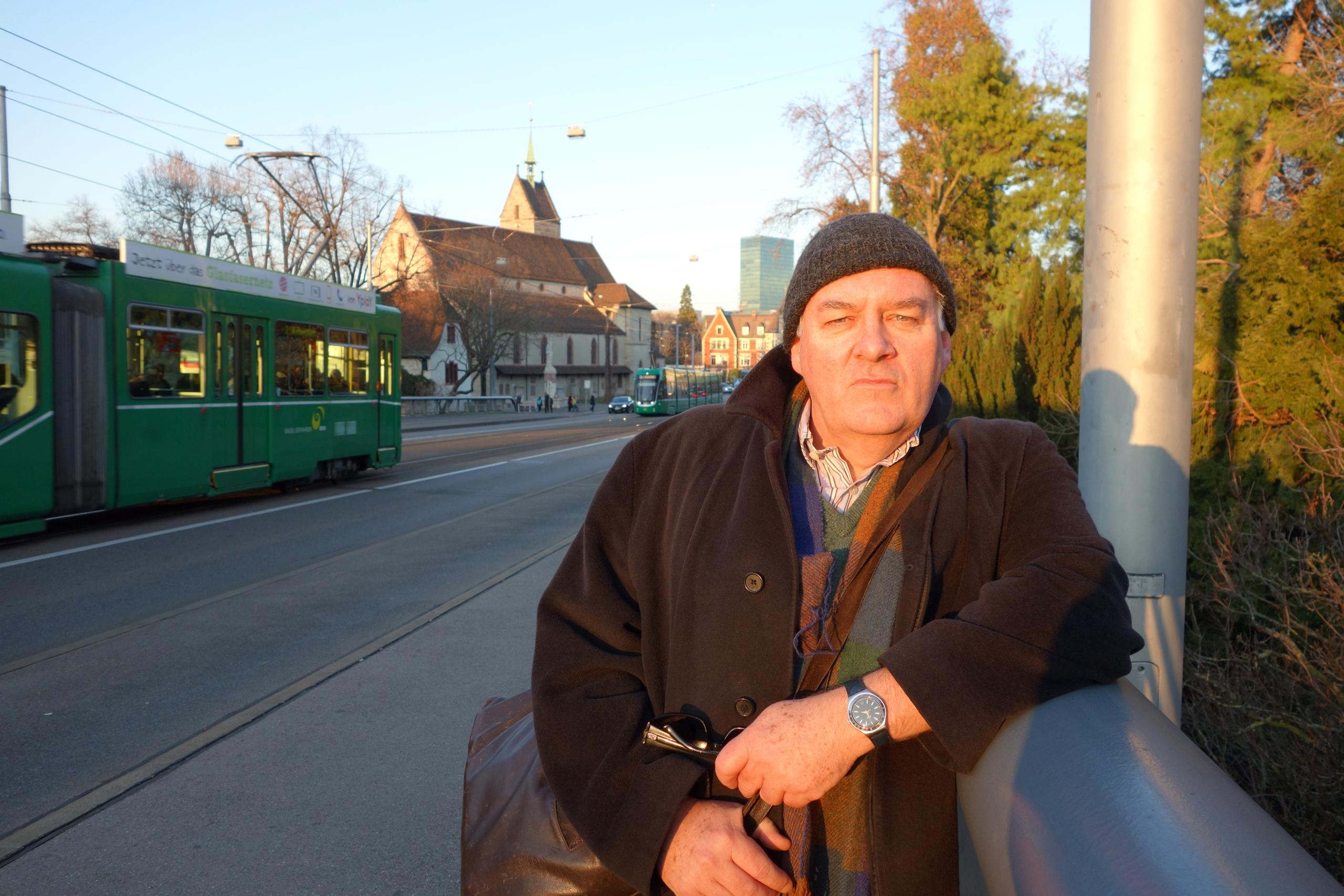
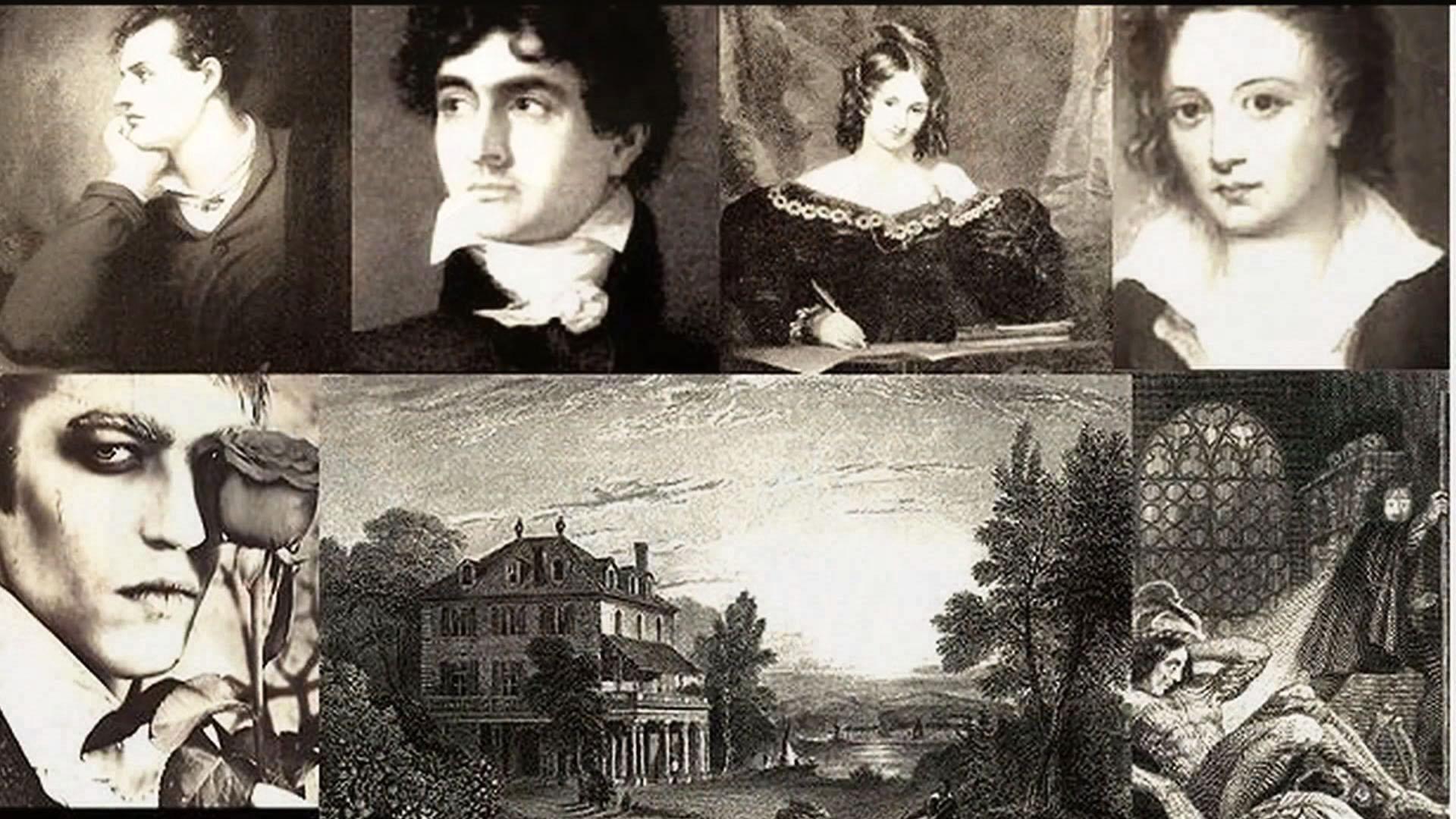
You can find an overview of ongoing debates with our journalists here . Please join us!
If you want to start a conversation about a topic raised in this article or want to report factual errors, email us at english@swissinfo.ch.